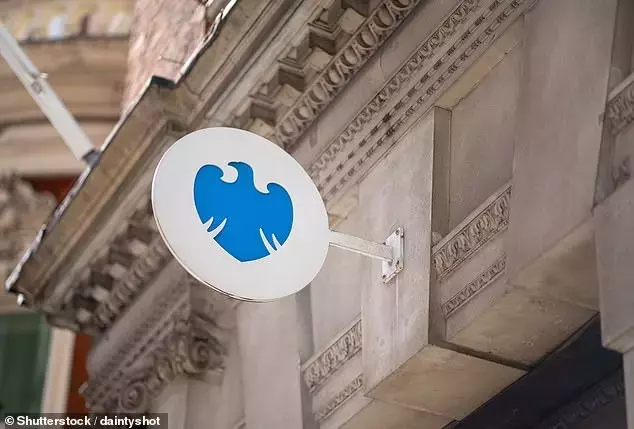
The mortgage landscape is shifting, presenting a critical juncture for homeowners and prospective buyers. Recent adjustments by a major lender, influenced by broader economic indicators, suggest a period of increasing borrowing costs. This evolving situation underscores the importance of timely financial planning and proactive engagement with mortgage options.
Mortgage Market Adjustments and Their Roots
Barclays, a prominent financial institution, has recently implemented an upward revision of its mortgage rates, affecting several key products. This action is not an isolated event but rather a response to significant movements in the financial markets, notably the escalation of government borrowing costs to an unprecedented level in over two decades. Such shifts in the broader economic environment directly influence the pricing mechanisms for mortgage products, signaling a potentially challenging period for consumers seeking to secure or refinance home loans. The immediate consequence is a call for urgency among those navigating the mortgage market.
The adjustment by Barclays is a direct reflection of the surging swap rates, which are pivotal in determining the pricing of fixed-rate mortgages. As these inter-bank lending rates climb, influenced by future interest rate expectations and the yield on government bonds, mortgage lenders are compelled to adjust their offerings to maintain profitability and manage risk. This correlation means that a continued rise in gilt yields could lead to further increases in mortgage rates across the board. Consequently, the current market dynamics necessitate a proactive approach from consumers, whether they are in the process of purchasing a new home or considering a remortgage, to lock in favorable rates before further escalations occur.
Navigating the Rising Rate Environment
The recent increase in mortgage rates by Barclays, coupled with the attainment of a 27-year high in government borrowing costs, signals a tightening in the mortgage market. For individuals looking to acquire property or refinance existing loans, this development underscores the importance of securing a new mortgage deal without delay. The impact is particularly felt across various fixed-rate offerings, leading to higher monthly payments for borrowers. This scenario, reminiscent of past periods of market instability, highlights the need for careful consideration and swift decision-making to mitigate the financial implications of rising interest rates.
As swap rates continue their upward trajectory, a fundamental factor in the pricing of fixed-rate mortgages, the expectation is for a sustained increase in mortgage costs in the near term. Industry experts are advising caution and advocating for homeowners and potential buyers to act decisively. Locking in a mortgage rate now can offer a degree of protection against future market volatility and potentially higher borrowing expenses. This strategic move allows consumers to stabilize their housing costs and avoid the uncertainty associated with fluctuating rates, ensuring financial predictability in an otherwise dynamic market.
